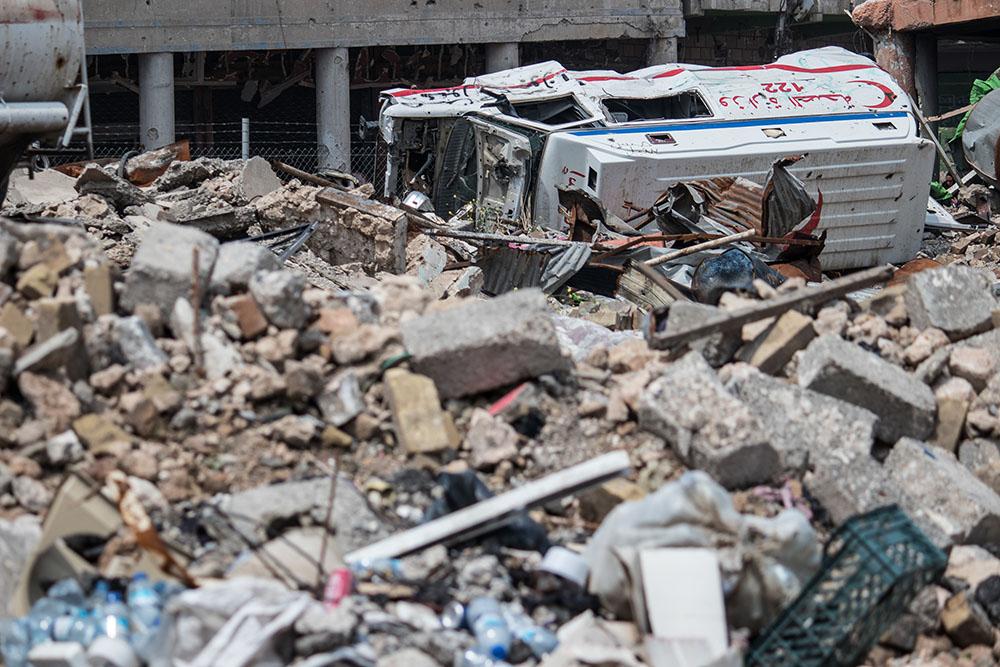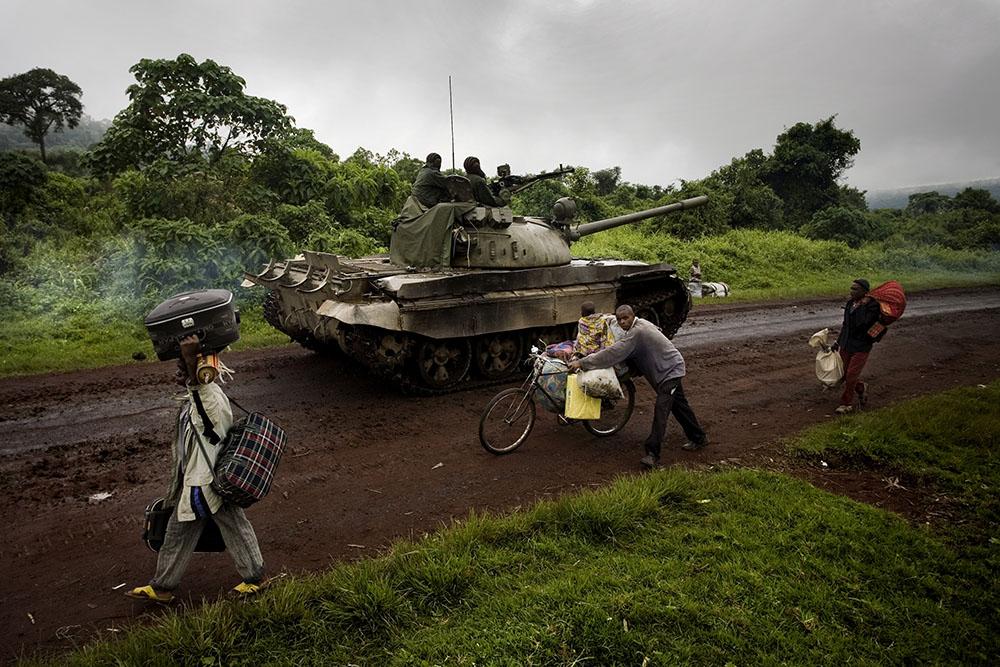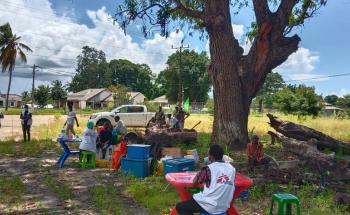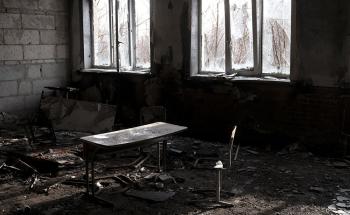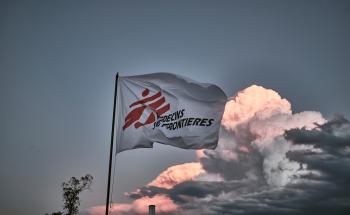Twenty years after the start of the so-called ‘global War on Terror’ in the wake of 9/11, the medical humanitarian organisation Doctors without Borders (MSF) today released a report “Adding salt to the wound” highlighting the consequences of counter-terrorism wars on its frontline workers.
The findings of the research paints a bleak picture of the reality of trying to provide impartial medical care in the War on Terror era.
The report is based on qualitative research with MSF frontline staff working in and coming from Afghanistan, Nigeria and Iraq. The report focuses on elements that were found to be present across all three countries. MSF staff consistently described these counter-terrorism conflicts as “dirty wars” where “no one is safe”.
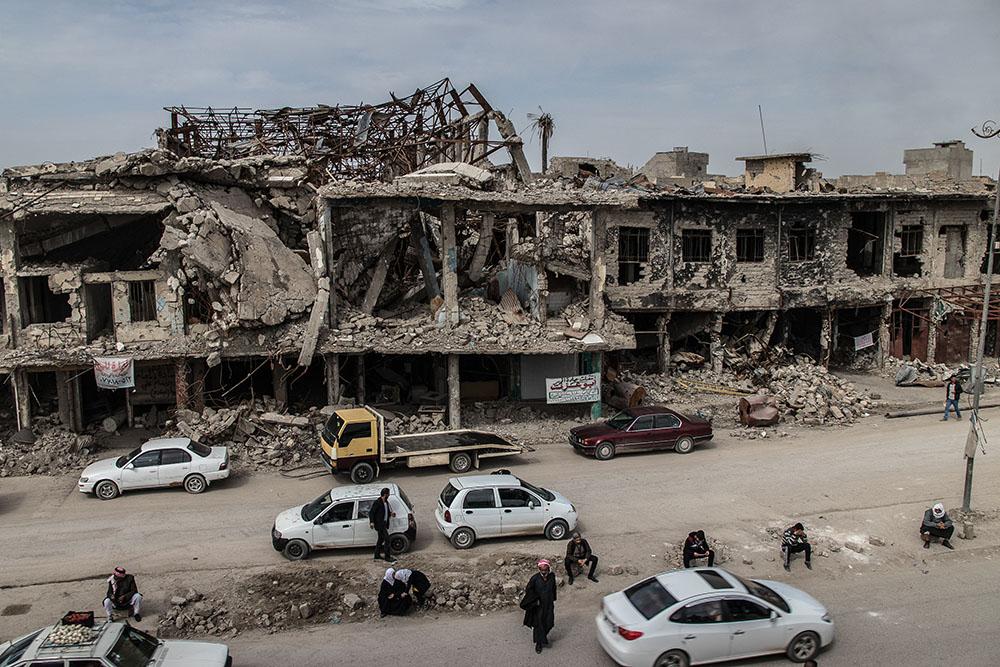
A key finding was that counter-terrorism policies and practices bring real and personal risks to medical practitioners. Nearly two-thirds of the staff who gave in-depth interviews had directly experienced or witnessed violence or intimidation and had been accused of supporting ‘terrorists’ when they treated patients based on their needs alone.
Armed forces have used violence at the gates of health facilities, inside hospital wards and in ambulances on the road in an attempt to prevent MSF frontline workers from treating patients based on medical need and according to medical ethics.
From the perspective of frontline workers, it becomes increasingly difficult to distinguish between the tactics of so-called terrorists and of those countering them.
MSF frontline staff told us about how they are harassed, intimidated, beaten and accused of supporting terrorists when they provide impartial healthcareLuz Saavedra, the lead researcher for the report in the Analysis Department of MSF
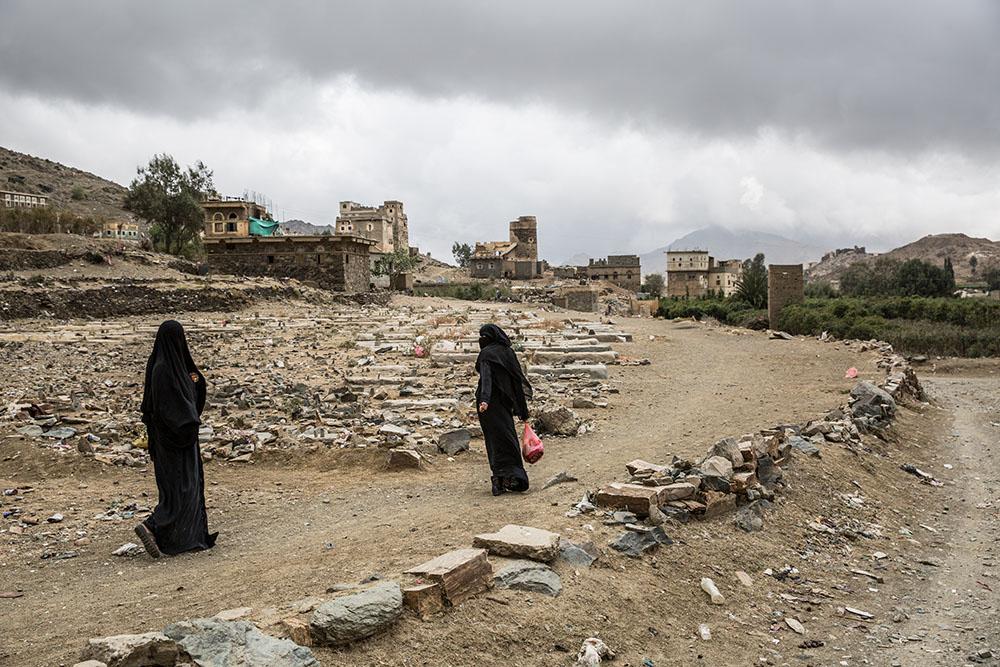
Care is inhibited or obstructed to entire communities. Civilians and combatants are often merged into what is considered by armed forces as one hostile enemy. Armed forces try to justify stripping civilians of their protection under international law because they are ‘terrorists’ or ‘supporters of terrorists’.
One interview respondent said, “We saw them bombing the city full of civilians, families in their houses.” The sick and wounded are often left to suffer or die because, as another MSF staff member said, “we could not access them and they could not reach us.”
The humanitarian principle of impartiality – treating patients based on needs alone - was identified by MSF frontline workers as being vital to uphold and defend in counter-terrorism environments. However, the research participants also pointed out how being genuinely impartial comes under constant attack in very real and dangerous ways.
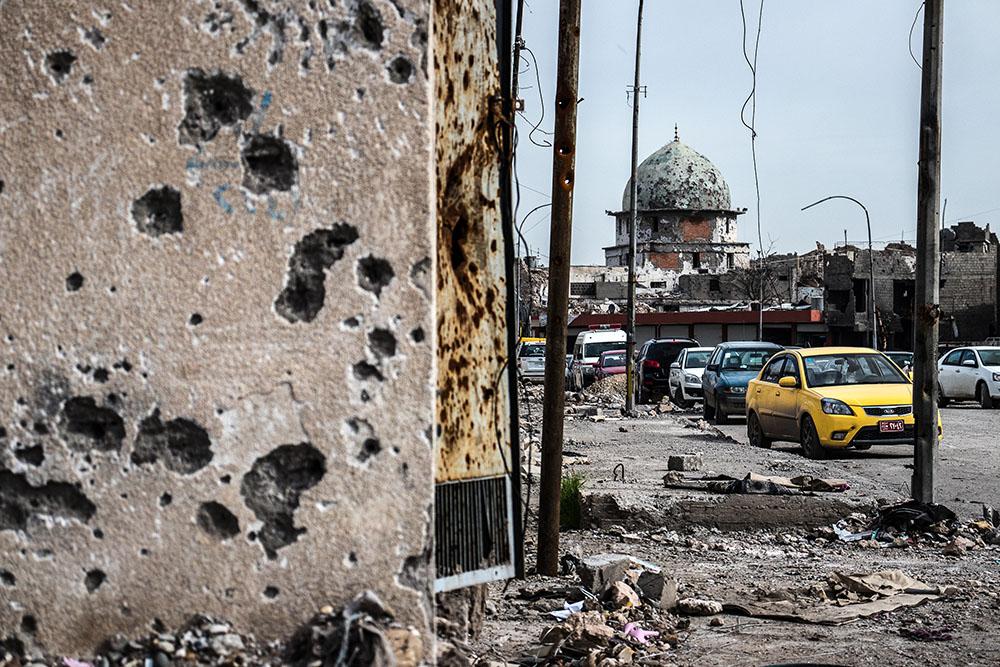
“It is outrageous that states expect health workers to refuse treatment to patients based on politics or military considerations,” said Saavedra. “Our teams are considered by those fighting counter-terrorism wars to be part of their military strategy; we are accepted when we are useful but rejected when we are considered not to serve their military and political purpose. We cannot accept this – it prevents us from treating patients and goes against everything that being humanitarian stands for.”
Research participants pointed out how the perceived proximity of humanitarian actors to states in counter-terrorism wars generated huge suspicion from armed opposition groups that often rejected engaging with MSF or other humanitarian organisations. Currently, MSF finds itself too often restricted to one side of a front line with a counter-terrorism force that wants to take advantage and opposition that won’t talk or is hostile.
These research findings offer a unique insight into the reality of working in counter-terrorism environments. Frontline workers know how difficult it is to operate in conflict zones, and they say counter-terrorism laws and practices make it even harder by adding “salt in the wound”. But the perspective of frontline workers is rarely considered in policy discussions on countering terrorism.
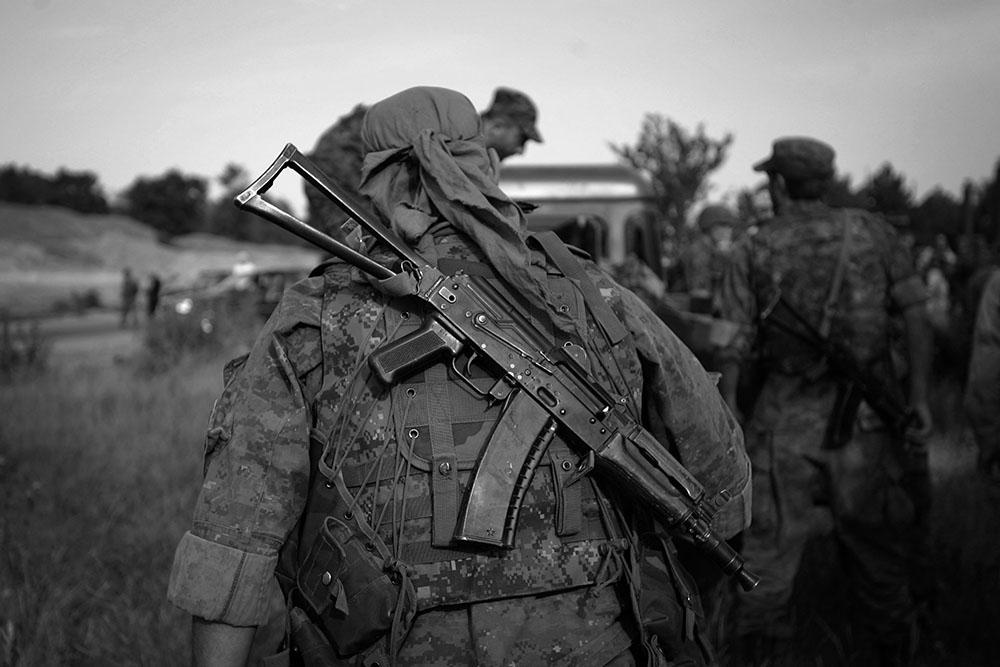
“Unfortunately, the findings of this research do not come as a surprise,” said Francoise Saulnier, MSF’s International Legal Director. “The War on Terror has eroded the protection of the medical mission by prioritising domestic counter-terrorism laws rather than international humanitarian law. This often leaves our teams exposed to states’ interpretations of laws and of the role of healthcare”.
We need to be able to provide treatment according to medical needs alone. We need to be able to talk to all groups that control access and could harm our teams. Our health facilities need to be spared from any kind of military and security operations.
To achieve this, MSF is once again calling for humanitarian exemptions in counter-terrorism environments. “This means that impartial humanitarian organisations must be exempted from being targeted by the legal regimes and military tactics that have come to define the War on Terror” concludes Saulnier. “Seeking or providing much-needed healthcare cannot be punished in the name of ‘fighting terrorism.”
